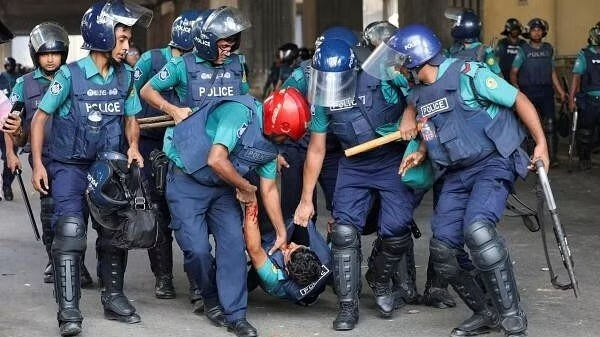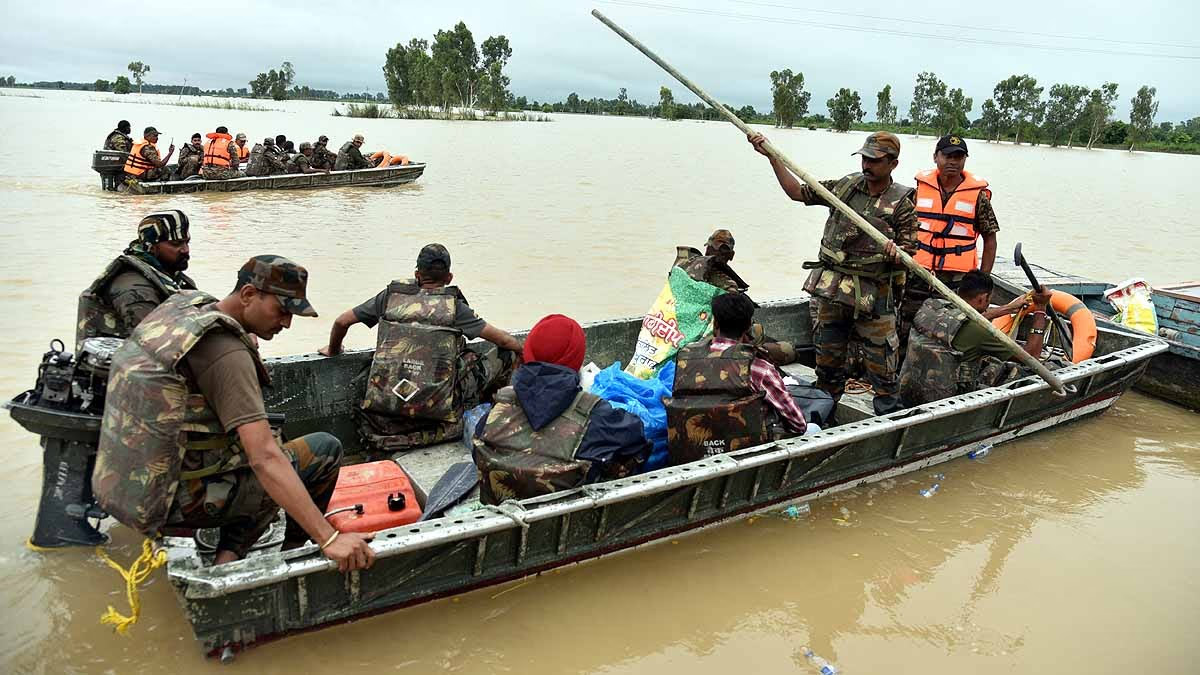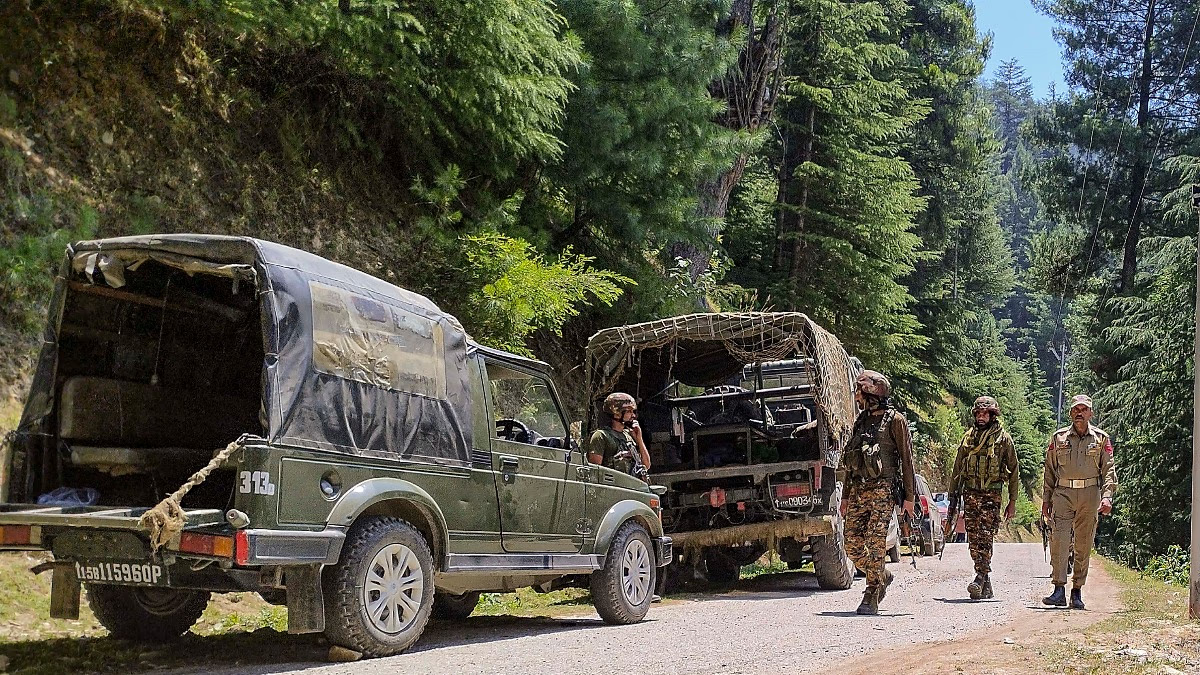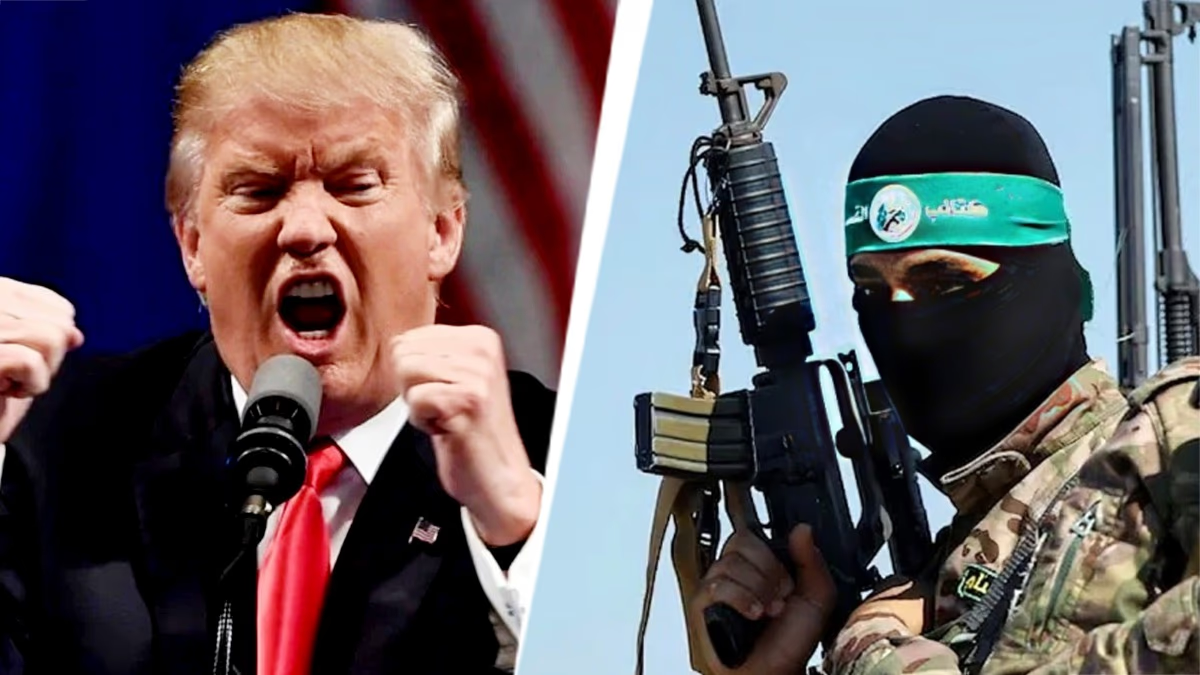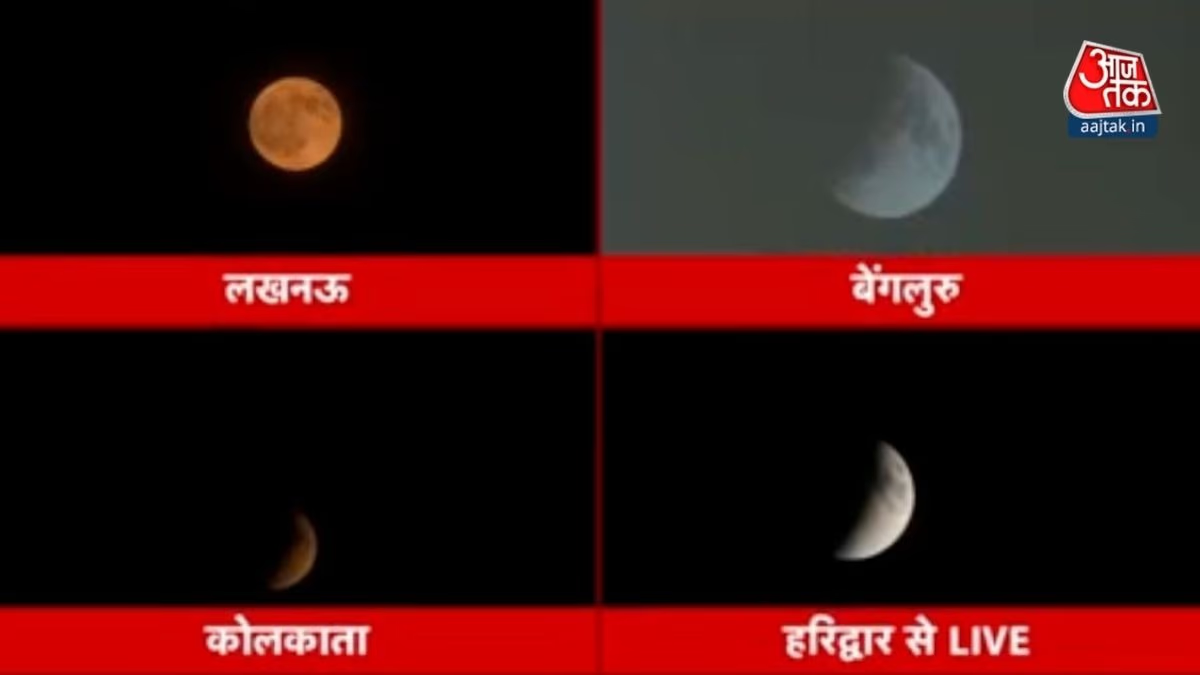Bangladesh, our neighboring country, is simmering in the flames of violence. Student protests against quotas are now becoming a threat to Prime Minister Sheikh Hasina's position. Over 100 people have died in the violence so far, and thousands of protesters are taking to the streets. An indefinite curfew has been imposed nationwide, and there is a complete ban on the internet as a long march to Dhaka has been called.
The situation in Bangladesh is increasingly resembling that of Pakistan not too long ago. Similar to Pakistan, Bangladesh is battling internal chaos and has now seen a call for a long march. Student leaders have announced a civil disobedience movement demanding the resignation of Prime Minister Sheikh Hasina.
Why are Students Marching to Dhaka?
In defiance of the nationwide curfew, students demanding Prime Minister Sheikh Hasina's resignation have called for a long march to the capital, Dhaka, on Monday. The Anti-Discrimination Student Movement called for a one-day long march. In response to this call, a significant number of security personnel and armored vehicles are patrolling the streets.
Reports indicate that Asif Mahmood, the protest coordinator, said that this government has killed many students. Now is the time for the government to account for its actions. Every student is heading to Dhaka on Monday.
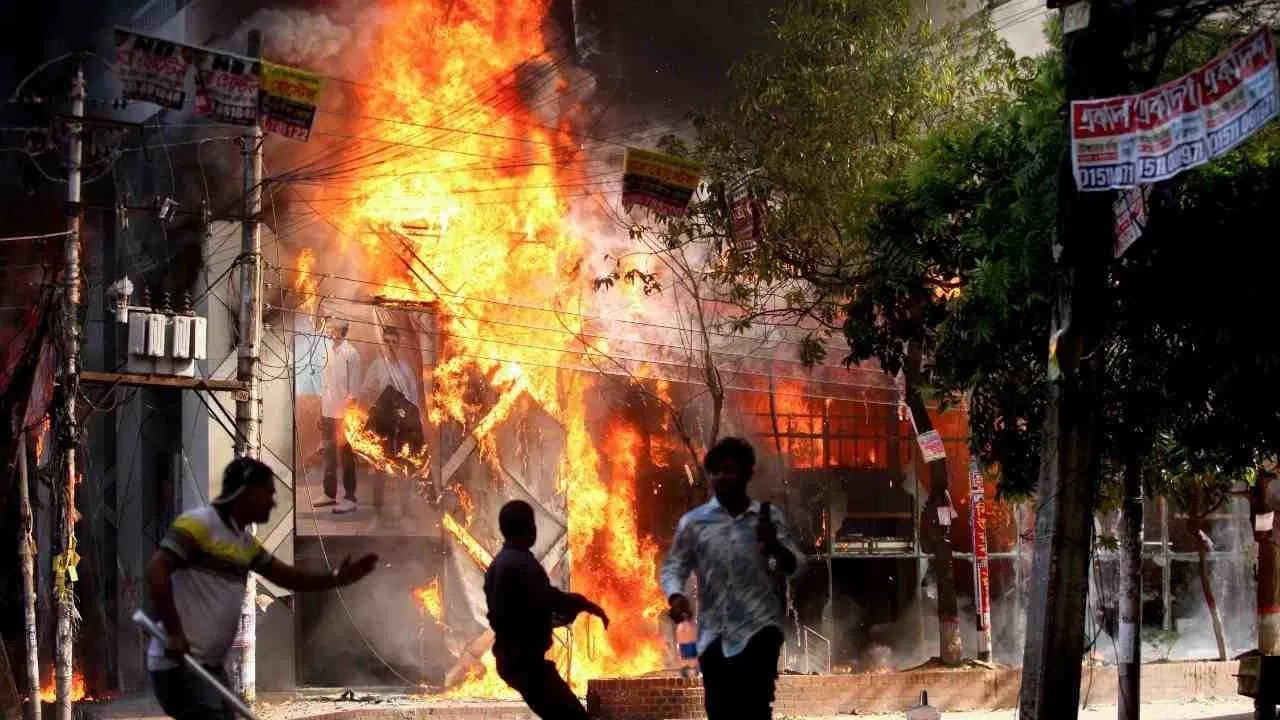
Source: aajtak
Another student, M. Zubair, stated that no one can stop them from marching. If confronted, they will liberate Bangladesh. He urged his military brothers not to support dictators; they should either support the people or remain neutral.
The government has also issued an ultimatum of 24 hours to reopen all closed universities.
Has the Student Protest Been Hijacked?
A significant number of deaths have occurred during the protests in Bangladesh. Initially aimed against reservations, these protests have now fully erupted into violence. Over 100 people died in the violence on Sunday. The police used force to remove the rioting protesters, and an internet ban was imposed, alongside an indefinite curfew.
Meanwhile, leaders from Sheikh Hasina's government have claimed that the student protests have been hijacked by the radical Jamaat-e-Islami organization and the student wing of former Prime Minister Khaleda Zia’s BNP, the Bangladesh Islami Chhatra Shibir.
Recently, Sheikh Hasina's government banned Jamaat-e-Islami, its student wing, and other associated organizations following weeks of violent protests. This action is believed to have driven these organizations to the streets against the government. Consequently, the Sheikh Hasina administration is facing significant challenges.
To curb the crowds opposing Sheikh Hasina, the government has imposed an indefinite curfew nationwide. Due to this curfew, the Awami League canceled its planned mourning procession on Monday. India has advised its citizens to avoid traveling to Bangladesh until further notice due to ongoing violence.
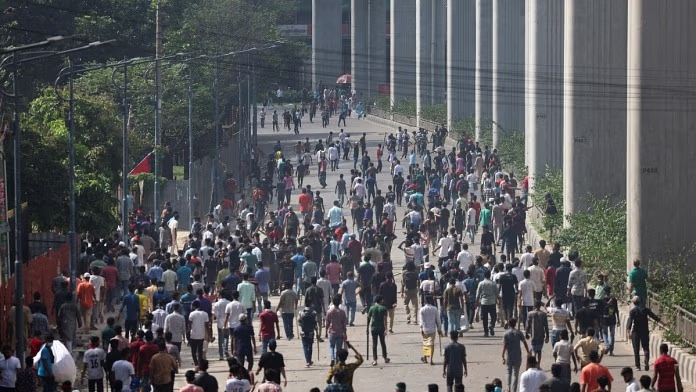
Source: aajtak
13 Policemen in One Station Killed
The long-standing student protest demanding the abolishment of quota systems in government jobs turned violent last Sunday. Protesters say their sole demand now is the resignation of Prime Minister Sheikh Hasina. Major Bangladeshi newspaper Prothom Alo reported that at least 100 people have been killed in clashes, shootings, and retaliatory actions across the country. The police headquarters stated that 14 police officers have been killed nationwide, with 13 from the same station in Sirajganj's Enayetpur. Approximately 300 police officers are reported injured.
What Sparked the Violence?
Bangladesh has seen repeated violence over the issue of reservations. Protesters have demanded the abolition of the quota system that reserves 30% of government jobs for the relatives of 1971's war of independence fighters. When violence initially erupted, the court reduced the quota limit, but the unrest persisted, and protesters now demand Sheikh Hasina's resignation. So far, over 11,000 people have been arrested.
Officials claimed that protesters attacked police stations, ruling party offices, and the residences of leaders, setting several vehicles on fire. The government ordered the shutdown of Meta platforms Facebook, Messenger, WhatsApp, and Instagram.
Previously in July, student protests also turned violent. At that time, a police officer in Dhaka’s Munshiganj district told the media that the entire city turned into a battlefield.
What Did Sheikh Hasina Say About the Protesters?
Prime Minister Sheikh Hasina labeled the protesting students as terrorists. On July 4, she ordered strict action against the protesters in the National Security Council meeting. Following this meeting, the Prime Minister’s press wing issued a statement expressing concerns about potential terrorist attacks during the civil disobedience movement.
The Sheikh Hasina government stated that different parts of the country were experiencing terrorist attacks. Strict measures would be taken against the attackers. Consequently, the government announced a three-day public holiday starting Monday.
